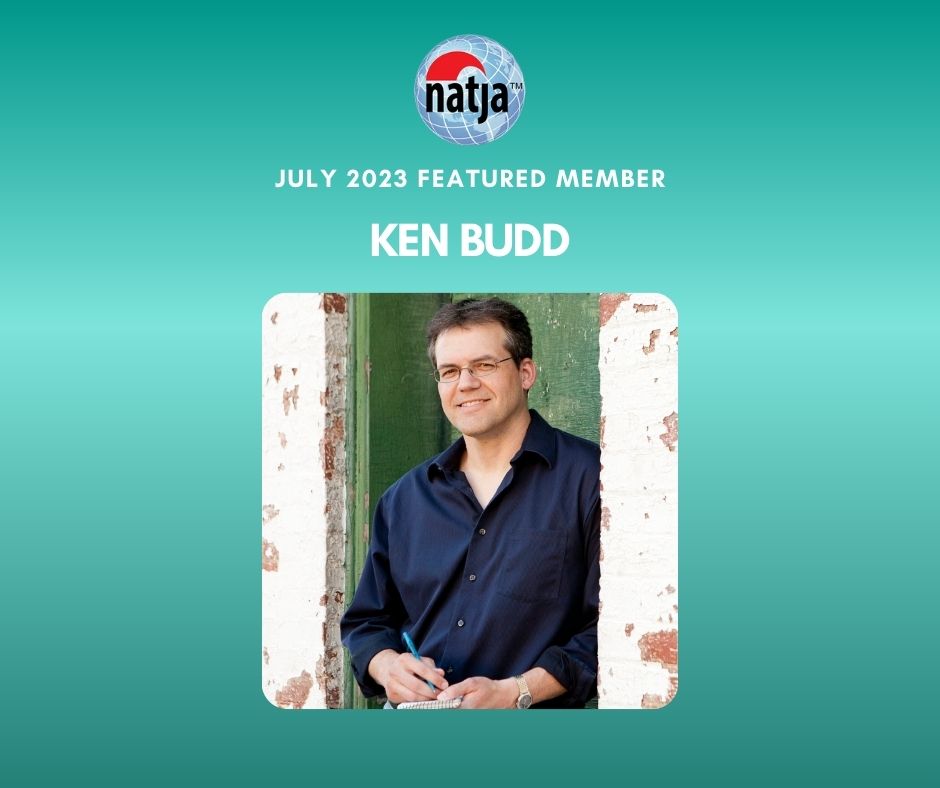Growth. Purpose. Exploration. Love. These are key themes in my work, especially my award-winning memoir The Voluntourist (William Morrow). The book shares my adventures as a volunteer in six countries and my search for meaning as I cope with my father’s death and attempt to live a life that matters.
In 2020, my Washington Post Magazine story on an orphanage in Kenya was selected for The Best American Travel Writing (Houghton Mifflin Harcourt). I’ve written for The Atlantic, The New York Times, National Geographic Traveler, NationalGeographic.com, Smithsonian, Travel + Leisure, Departures, The Chicago Tribune, CityLab, McSweeney’s, Huffington Post, Thrive Global, and many more. I also write the “Everyday Heroes” column for The Saturday Evening Post.
For 15 years, I was an editor with AARP The Magazine — the world’s largest circulation magazine with 35 million readers — including stints as health editor, travel editor, and executive editor. My work as editor of the magazine’s Navigator section was nominated for a National Magazine Award in 2005 and I continue to write frequently for AARP.
I’ve made 100+ appearances on TV and radio, including NBC’s Today, CBS This Morning, ABC News Now, CBS’s The Early Show, CNBC’s Street Smarts, C-SPAN 2’s Book TV, National Geographic Weekend, and radio networks such as Martha Stewart Living Radio, USA Radio Network, Voice America Radio, and New Zealand public radio.
As a volunteer, I blogged for Medical Missions Foundation in India in 2018 and I volunteer weekly with Capital Caring Health, a D.C.-area hospice organization. My volunteer work has taken me to locations such as China, Kenya, Ecuador, the West Bank, and Costa Rica. I’m a board member for George Mason University’s library and its Fall for the Book festival; I’m also a co-founder of the Robert and Sandra Budd scholarship endowment at Mason. I have donated all of my earnings from The Voluntourist to the places and organizations where I volunteered.
1. What got you into travel writing?
I was managing the front-of-the-book section for AARP The Magazine, and when the travel editor position opened up, I jumped on it. I wrote a piece for the magazine about my experience volunteering at a rural school in Costa Rica, which led me to write a memoir, The Voluntourist, about my search for meaning as a volunteer in six countries.
2. What’s the most challenging part of being a travel journalist for you?
I feel like opportunities for longer travel narratives are drying up. I was a regular contributor to the Washington Post Magazine — a piece I wrote about a children’s home in Kenya was selected for the 2020 edition of the Best American Travel Writing — but both the Post magazine and BATW no longer exist. I’m still grieving.
3. What is one thing [equipment or personal item] you can’t go without on the road?
A few years ago, flying started bothering my ears. The pressure during landings was painful and it would sometimes take a day or so for my ears to pop. I began buying earplugs designed to relieve pressure, though I’ve found that even wearing my wireless earbuds helps considerably.
4. What’s your most unusual and/or memorable travel experience?
As a volunteer, I’ve worked everywhere from India to Ecuador to the West Bank. But my experience at a special needs school in China was the most intense. The language barrier was difficult and the kids were sweet but challenging. The upsides: I gained enormous respect for the teachers and saw the city of Xi’an in a way that never would have happened as a mere tourist. Oh—and the food at the school was delicious. The best I had in China.
5. How did you learn about NATJA and why did you join?
I got introduced to NATJA through the awards program and joined for the access to news, networking, and other opportunities.
6. What is the best piece of advice you could give to a rookie travel journalist?
I worked for 25 years as an editor and I saw way too many travel writers use weak, overused descriptors like “stunning,” “amazing,” and “magnificent.” Don’t write that, say, the Rocky Mountains are spectacular. Paint a vivid picture instead. And when you’re pitching, look for ideas that are fresh or counterintuitive. Editors are just like readers: They want to be surprised.






